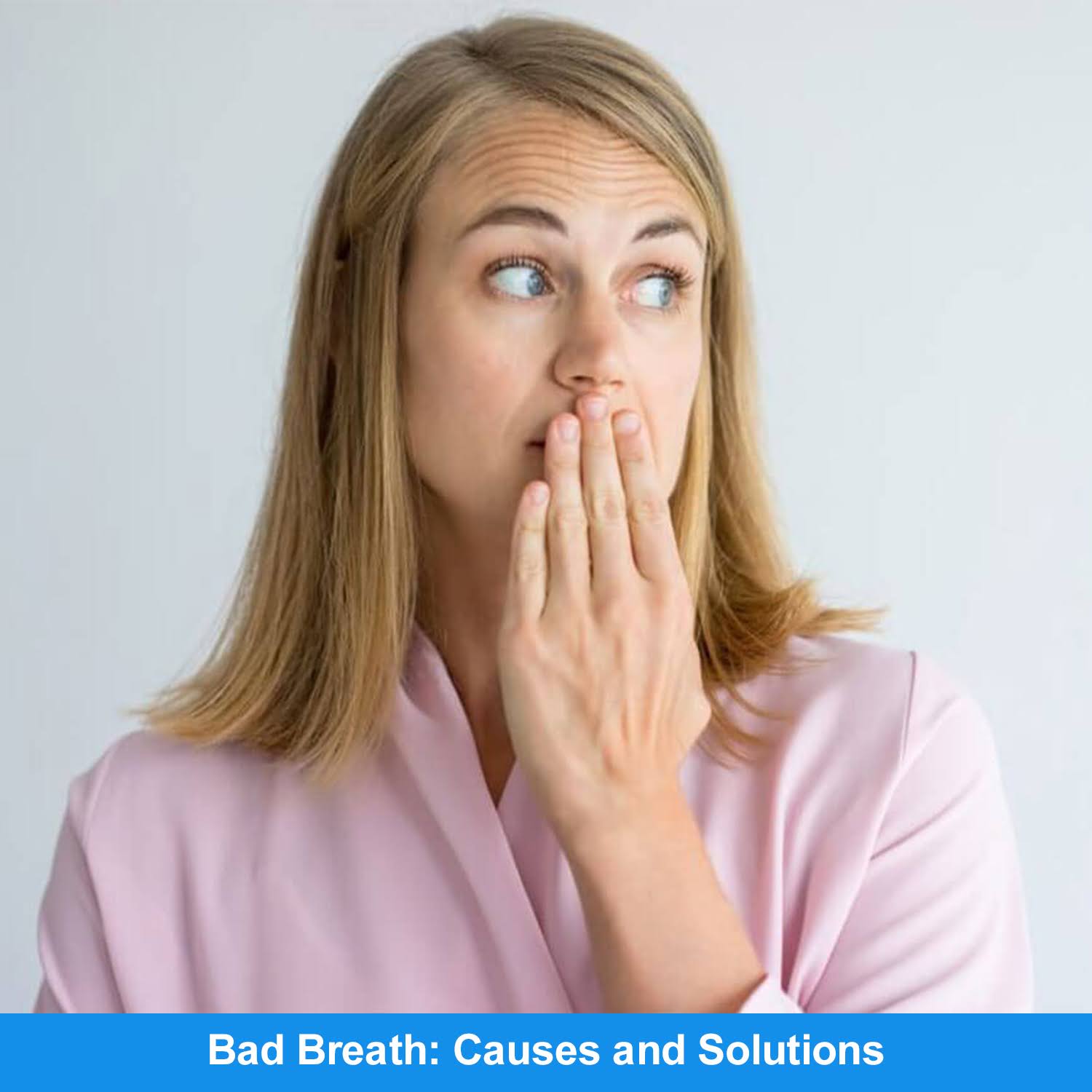
Introduction
Bad breath, also known as halitosis, is a common issue that many people experience at some time. It can be embarrassing and lower your confidence, but it’s often ignored. Knowing what causes bad breath and how to fix it is important for having fresh breath and feeling good about yourself. In this blog post, we’ll look at the different reasons for bad breath and share helpful tips to deal with it.
Summary
8. Stress and Hormonal Changes
Solutions to Combat Bad Breath
6. Use Breath Freshening Products
7. Manage Stress and Hormonal Changes
8. Seek Medical Attention When Necessary
What is Bad Breath?
Bad breath is a bad smell that comes from the mouth. It can be mild or strong and may happen sometimes or all the time. While it’s normal to have bad breath after eating certain foods, if it lasts a long time, it could be a sign of health problems. Many people might not even know they have bad breath, so it’s important to pay attention to the signs.
Bad breath often happens because of bacteria in the mouth that break down food. When food rots, it creates smelly substances that cause bad breath. Things like dry mouth, not taking care of your teeth, and health issues can make it worse. Understanding what causes bad breath is the first step to finding the right solutions.
Causes of Bad Breath
1. Poor Oral Hygiene
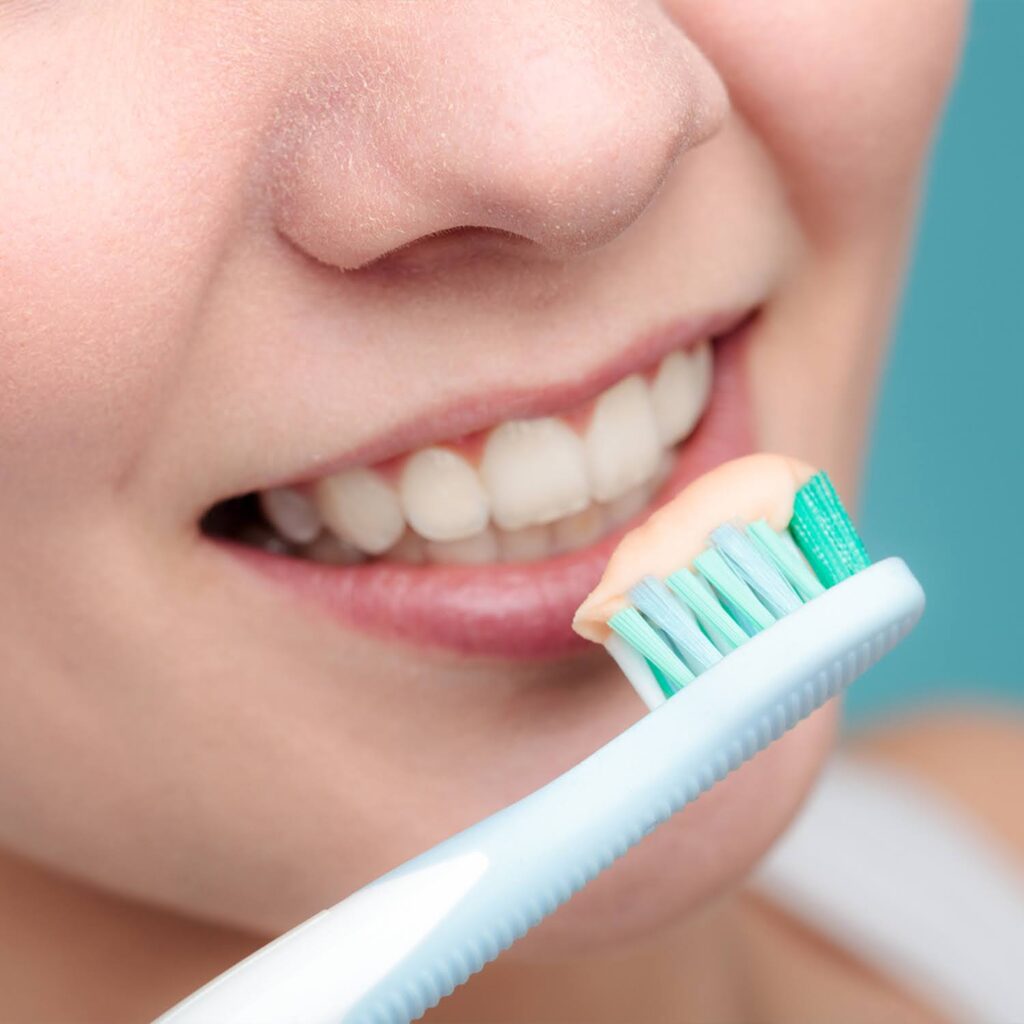
One of the main reasons for bad breath is not taking care of your teeth. If people don’t brush and floss regularly, food bits can stay in the mouth. These bits can create a place for bacteria to grow, which causes bad smells. Also, not cleaning the tongue can make it worse because bacteria and food can build up on it.
To fix this problem, it’s important to have a good oral care routine. Brushing your teeth at least twice a day and flossing every day can really help reduce bad breath. Using a tongue scraper can also remove bacteria on the tongue and help keep your breath fresh.
2. Dry Mouth
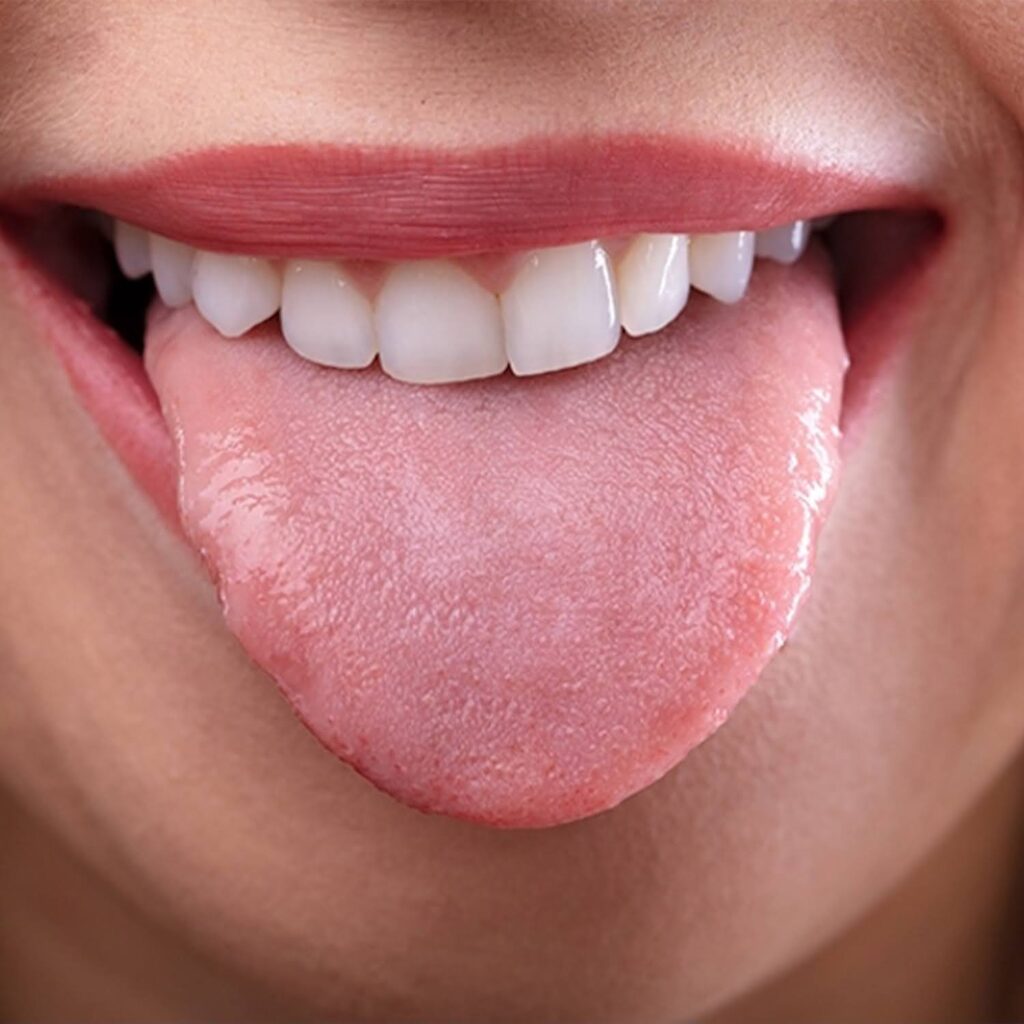
Dry mouth, or xerostomia, is another frequent cause of bad breath. Saliva is important because it cleans the mouth and helps wash away food particles. When the mouth is dry, it can cause more bacteria to grow and lower the body’s natural protection against bad breath.
Many things can cause dry mouth, like certain medications, health conditions, and breathing through the mouth. Staying hydrated by drinking water regularly throughout the day can help maintain moisture in the mouth. Also, using saliva substitutes or chewing sugar-free gum can help produce more saliva, which can reduce the risk of bad breath.
3. Certain Foods

The foods we eat can greatly affect our breath. Certain foods, like garlic, onions, and spicy dishes, have compounds that can stay in the mouth and change how our breath smells. These foods release strong odors when digested, which can be smelled for hours after eating.
If you notice bad breath after eating certain foods, try to eat them less often. Keeping up with good oral hygiene after meals can also help. Brushing your teeth or rinsing your mouth with water can remove food bits and reduce bad smells.
4. Smoking and Tobacco Use

Smoking and tobacco use are commonly known to cause bad breath. These substances not only create a strong smell but also dry out the mouth, making the problem worse. Additionally, using tobacco can lead to gum disease, which can also contribute to bad breath.
Quitting smoking and using tobacco can greatly improve breath. It can also boost overall health and lower the risk of gum disease and other related problems. Getting help from healthcare professionals can make it easier to quit and improve oral hygiene.
5. Medical Conditions

Sometimes, bad breath can be a sign of health problems. Conditions like sinus infections, respiratory infections, and diabetes can cause ongoing bad breath. For example, sinus infections can create mucus that leads to a bad smell when it drains into the throat.
If you think a health issue is causing your bad breath, it’s important to see a healthcare professional. They can help find out what’s wrong and suggest treatments. Taking care of any health problems can often improve bad breath as well.
6. Dental Issues

Dental issues like cavities, gum disease, and oral infections can also lead to bad breath. When bacteria build up around decaying teeth or swollen gums, they can create bad smells.
Routine dental visits play a key role in maintaining a healthy mouth. Dentists can find and fix dental problems before they get worse, which can help prevent bad breath. If you’re worried about your dental health, it’s a good idea to make an appointment with your dentist.
7. Poor-fitting Dentures
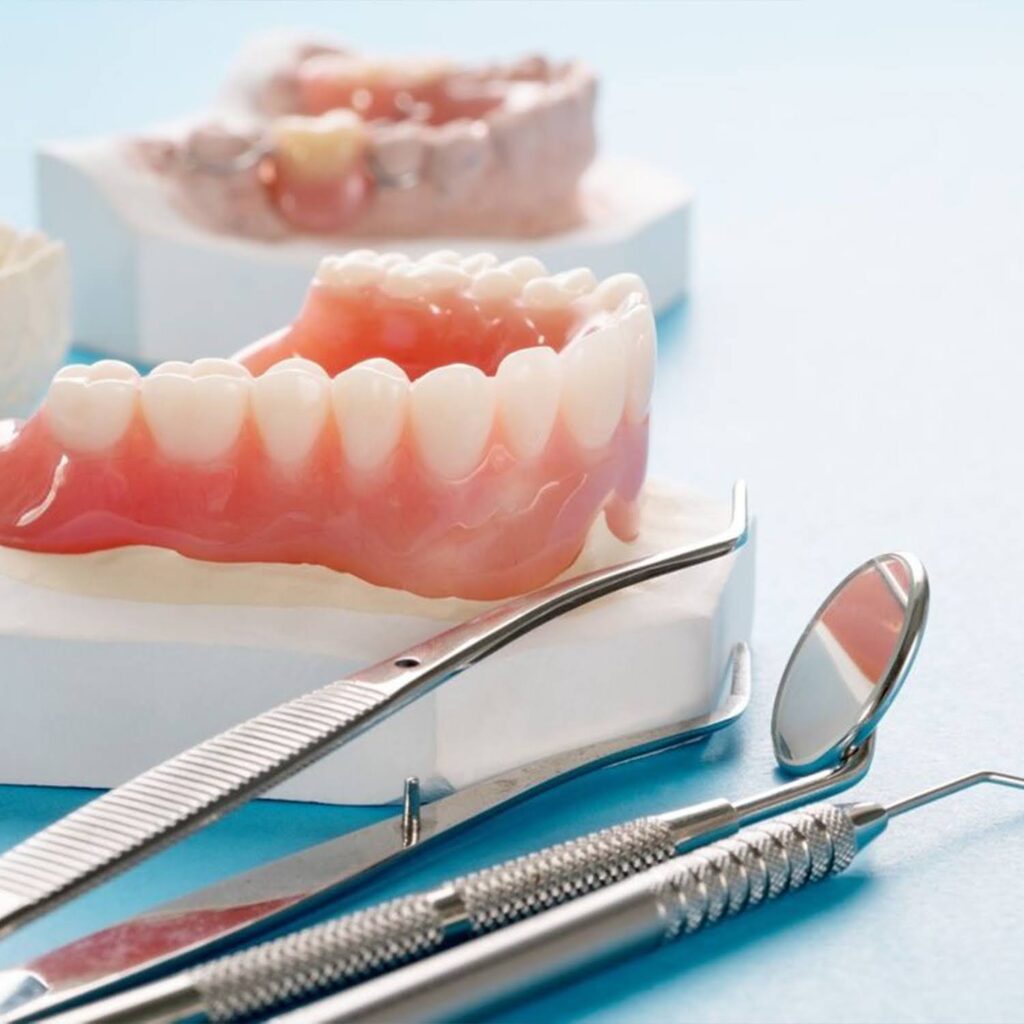
For people who wear dentures, poorly fitting dentures can cause bad breath. Food bits can get stuck under dentures that don’t fit properly, which allows bacteria to grow. Also, not cleaning dentures properly can lead to ongoing bad smells.
To solve this problem, make sure your dentures fit well and are cleaned thoroughly every day. Soaking them in a denture-cleaning solution can help get rid of bacteria and odors. Regular visits to the dentist for adjustments can also help prevent issues with dentures.
8. Stress and Hormonal Changes

For people who wear dentures, poorly fitting dentures can cause bad breath. Food bits can get stuck under dentures that don’t fit properly, which allows bacteria to grow. Also, not cleaning dentures properly can lead to ongoing bad smells.
To solve this problem, make sure your dentures fit well and are cleaned thoroughly every day. Soaking them in a denture-cleaning solution can help get rid of bacteria and odors. Regular visits to the dentist for adjustments can also help prevent issues with dentures.
Solutions to Combat Bad Breath
1. Maintain Good Oral Hygiene

The best way to fight bad breath is to practice good oral hygiene. This means brushing your teeth at least twice a day and flossing every day. It’s also important to clean your tongue regularly because bacteria can build up there.
Using antibacterial mouthwash can give you extra protection against bad breath. Choose mouthwashes that kill bacteria instead of just covering up smells.
2. Stay Hydrated

Drinking plenty of water during the day can help keep your mouth moist and lower the chances of bad breath. If you often have a dry mouth, try carrying a water bottle to remind yourself to stay hydrated.
Also, chewing sugar-free gum or sucking on sugar-free mints can help make more saliva. This extra saliva can wash away food bits and bacteria, which helps keep your breath fresh.
3. Be Mindful of Your Diet

To prevent bad breath, pay attention to what you eat. Try to avoid foods that cause strong odors, like garlic and onions, especially before social events. Eating fresh fruits and vegetables can help clean your mouth naturally.
You might also consider eating yogurt or drinking green tea, as they have probiotics that can fight bacteria that cause bad breath. These choices can also help improve your overall oral health.
4. Quit Smoking

If you smoke or use tobacco products, quitting is one of the best things you can do for your breath and overall health. Look for support from healthcare professionals or programs that help people quit smoking.
By giving up tobacco, you can greatly reduce bad breath and improve your oral health. Your mouth, teeth, and gums will be healthier!
5. Regular Dental Check-ups
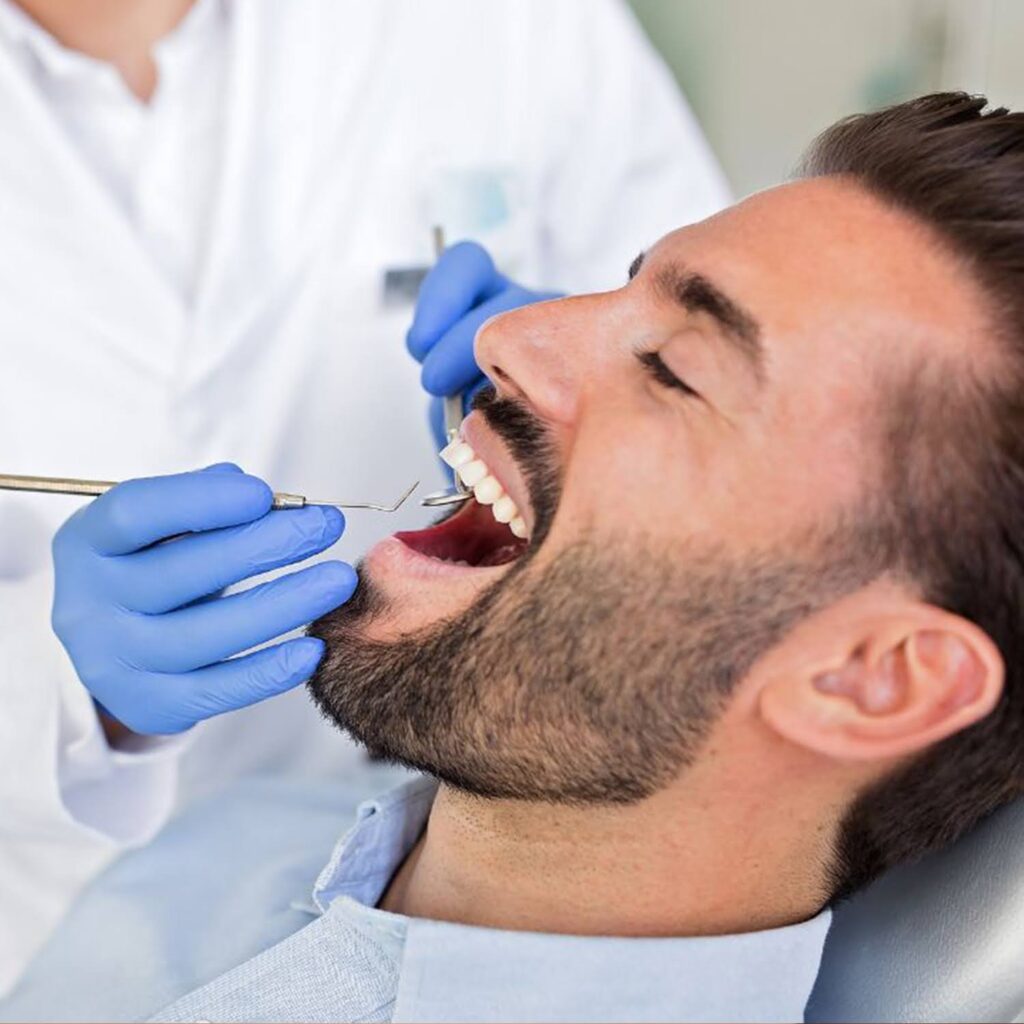
Visiting your dentist regularly can help keep your mouth healthy and prevent bad breath. Dentists can find and treat dental problems early, stopping them from getting worse.
If you have concerns about your breath, don’t hesitate to talk to your dentist. They can offer advice and treatment options to help with any underlying issues.
6. Use Breath Freshening Products
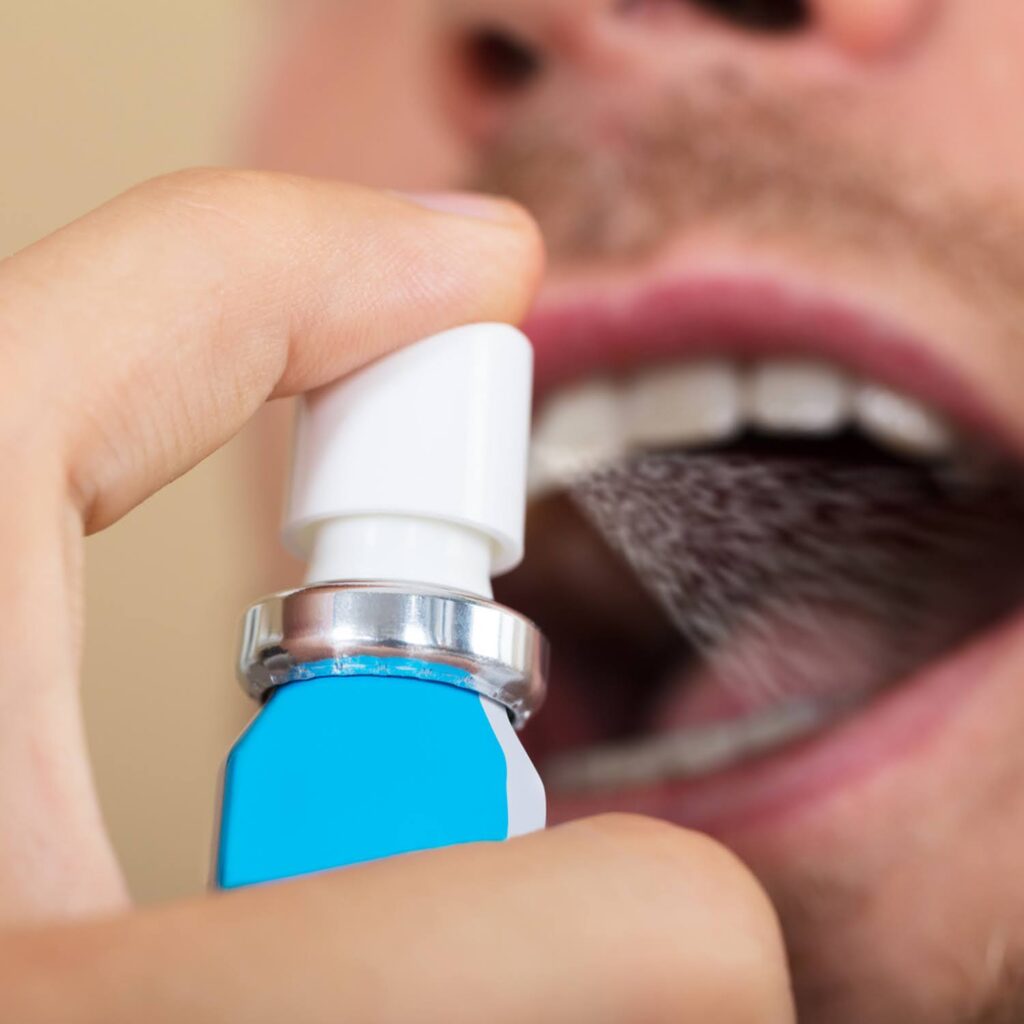
Consider incorporating breath-freshening products into your oral hygiene routine. Breath sprays, mints, and chewing gum can provide a quick fix for bad breath.
However, remember that these products do not replace proper oral hygiene. Use them as a supplement to your daily routine for the best results.
7. Manage Stress and Hormonal Changes

To tackle stress-related bad breath, engage in stress management techniques. Regular exercise, mindfulness practices, and relaxation exercises can all help reduce stress levels.
If hormonal changes affect your breath, pay attention to your oral hygiene during these times. Staying proactive can help you maintain fresh breath.
8. Seek Medical Attention When Necessary

If bad breath persists despite your best efforts, consult a healthcare professional. They can evaluate any underlying medical conditions that may be contributing to the issue.
Addressing any health problems promptly can lead to improvements in breath odor and overall well-being.
FAQs
Q.1. What are the main causes of bad breath?
A.1. Bad breath can be caused by poor oral hygiene, dry mouth, certain foods, smoking, and medical conditions.
Q.2. How can I get rid of bad breath quickly?
A.2. You can get rid of bad breath quickly by brushing your teeth, rinsing with mouthwash, chewing sugar-free gum, and drinking water.
Q.3. Can bad breath be a sign of a serious health issue?
A.3. Yes, persistent bad breath can indicate underlying health issues like gum disease, respiratory infections, or diabetes.
Q.4. How often should I visit the dentist for bad breath issues?
A.4. It’s best to visit the dentist at least twice a year for check-ups. If you have persistent bad breath, consult your dentist sooner.
Q.5. What are some foods that help freshen breath?
A.5. Foods like apples, carrots, yogurt, and green tea can help freshen breath and promote better oral health.
Conclusion
In conclusion, bad breath is a common issue that can be caused by various factors, including poor oral hygiene, dietary choices, and medical conditions. However, it is manageable with the right solutions. By maintaining good oral hygiene, staying hydrated, being mindful of your diet, and seeking regular dental check-ups, you can combat bad breath effectively. Remember, fresh breath is within your reach!
For personalized help or to schedule a consultation, contact our team at (267) 908-4867 or visit our website at https://premierperiodonticspa.com/contact-us/. Your smile is our top priority, and we’re here to provide the support and care you need for a smooth dental experience. Trust us to take care of your oral health and help you achieve a bright, healthy smile!









